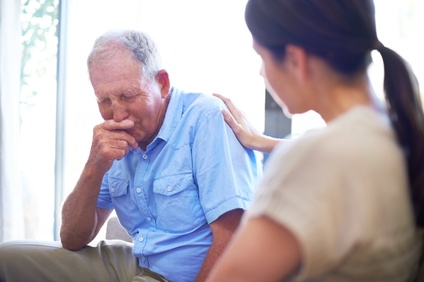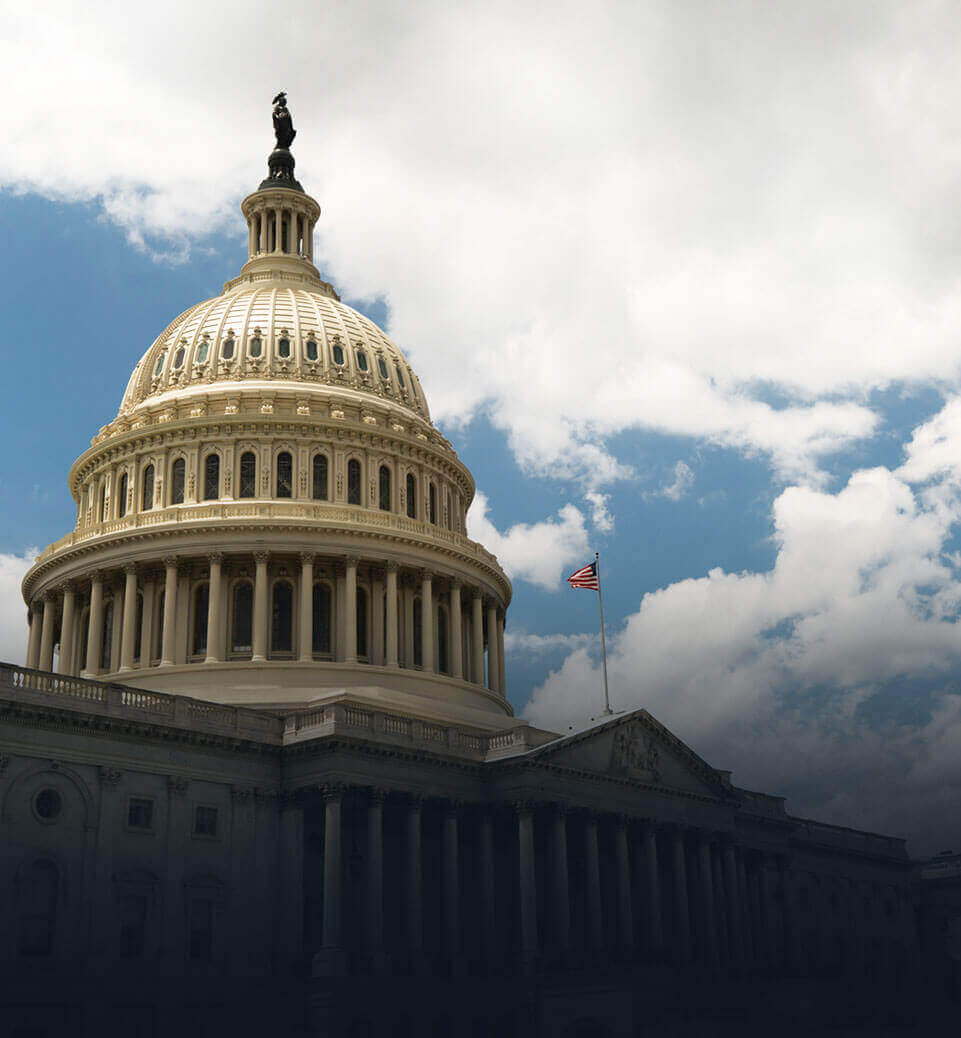Proving Elder Abuse After Death
One of the most difficult aspects of life is saying goodbye to a loved one. It can be especially hard when that person died at the hands of a neglectful, abusive, or incompetent nursing home or assisted living facility.
Proving elder abuse after death can seem like an incredibly daunting task, especially if your loved one has died during the pandemic, meaning your general access to them had been limited in their final days. However, according to Brian Van Allen of the Los Angeles-based elder abuse firm, Belgum, Fry & Van Allen, this is far from the truth.
“The way that you prove elder abuse after death is not much different than how you’d prove it if they were alive. You’re just missing the most important witness. The sad reality is that this is true for most of the cases we pursue.”
What Van Allen understands is that there is an exhaustive amount of research and background work that must be done to prove elder abuse after death in the pursuit of justice to your loved one. Not every elder abuse attorney is up to the challenge.
This article will cover the three questions anyone tragically experiencing this situation should ask themselves:
- How can I prove my elderly loved one died at the hands of an abusive or neglectful nursing home?
- What types of damages can I seek?
- How can I set myself up for success in the courtroom?
How Can I Prove Elder Abuse After Death?
If you’re reading this article, you are likely wondering how you can prove elder abuse after death but aren’t sure if your loved one’s passing creates too much of a barrier in proving abuse. Ultimately, there are three key considerations when thinking about the evidence that may be able to prove elder abuse after death.
What Do Their Medical Records Say?
The first place nursing home abuse attorneys like Belgum, Fry & Van Allen will look is the medical records of the deceased patient. This will make them privy to any surgeries, prescriptions, or other ongoing maladies your loved one may have been experiencing. This type of objective information allows your nursing home abuse lawyer to compare the facts of the case with the patient’s medical records, which may show obvious abuse, neglect, or mistreatment at the hands of their caretakers.
Are There Any Witnesses?
Although a key witness to the neglect or abuse is missing in the form of your deceased loved one, there may be a friend of theirs at the nursing home who witnessed their abuse. Perhaps on a phone call before they passed away a story was told to a family member, which sounded like neglect. Family members may have been frequent visitors and saw signs of neglect or abuse. Or maybe a former staff member at the home brought their concerns to someone in charge and was ignored. All these examples are being provided to demonstrate that there is no such thing as a bad lead when it comes to finding witnesses who can speak to the suspected neglect or abuse. Furthermore, according to Van Allen, someone in need of such care may not have been in the best physical or mental condition to provide their own testimony, so the account of a mentally competent witness can hold a lot of water in the courtroom setting.
Was There Ever a Survey Conducted?
Oftentimes, a survey will be conducted by a public health official amongst a facility’s patients or residents to learn more information about the legitimacy and day-to-day operations of an assisted living facility or nursing home. This public official is often referred to as an ombudsman, and their records can be used against the facility if your loved one died as a result of an ongoing issue that the ombudsman described in a survey or report.
What Types of Damages Am I Entitled to?
Once all of the evidence has been collected, it is time to determine the type(s) of damage(s) you may be entitled to. Elder abuse attorneys such as those at Belgum, Fry & Van Allen offer free evaluations that help their potential clients give them a leg up on better understanding of the kinds of damages available in the case based on specific facts.
However, if you’re in the research phase, you may be encouraged to see that there are multiple ways to obtain financial compensation for what your loved one went through. Potential damages can include:
- Pain and suffering
- Economic and special damages
- Punitive damages
Pain and Suffering
Pain and suffering, which is a catch-all term for any physical or emotional damages that happened as a result of the abuse, is usually the first place to start. Since this article covers proving elder abuse after death, it is important to point out that pain and suffering damages are capped at $250,000 in the state of California. If your elderly loved one was fortunate enough to survive the abuse or neglect, there is no cap on pain and suffering damages.
Economic / Special Damages
If after experiencing abuse and neglect your loved one had to incur additional medical (including psychological) expenses to rehab their injuries and still passed away, you may be entitled to recoup those additional expenses as well. This would be important information to list in the free evaluation form because knowing the exact dollar amount of those economic damages can aid your nursing abuse lawyer in recovering those charges.
Punitive Damages
Punitive damages mean that additional compensation has been applied against the defendant, which in this case would be the nursing home, assisted living facility, or elderly home. Punitive damages are often done to punish the defendant for their wrongful behavior and deter future bad conduct. They are passed through to the victim’s family if the victim dies prior to resolution of a case.
How Can I Set Myself up for Success in the Courtroom?
Carefully establishing the evidence and having a firm understanding of the damages you may be entitled to can help set the path to a successful outcome if your case were to ever go to trial. However, having a skilled legal team to best present this evidence is the most effective way to succeed against what are usually well-funded nursing homes, assisted living facilities, and elder homes.
Having a great legal team will ensure key details like making the court proceedings a jury trial instead of a bench trial happen on your behalf. Don’t take on the system yourself when there are elder abuse attorneys like those at Belgum, Fry & Van Allen who can help plan and execute your case, and ultimately get you every possible penny from the neglectful and abusive nursing home that caused the passing of your loved one.




